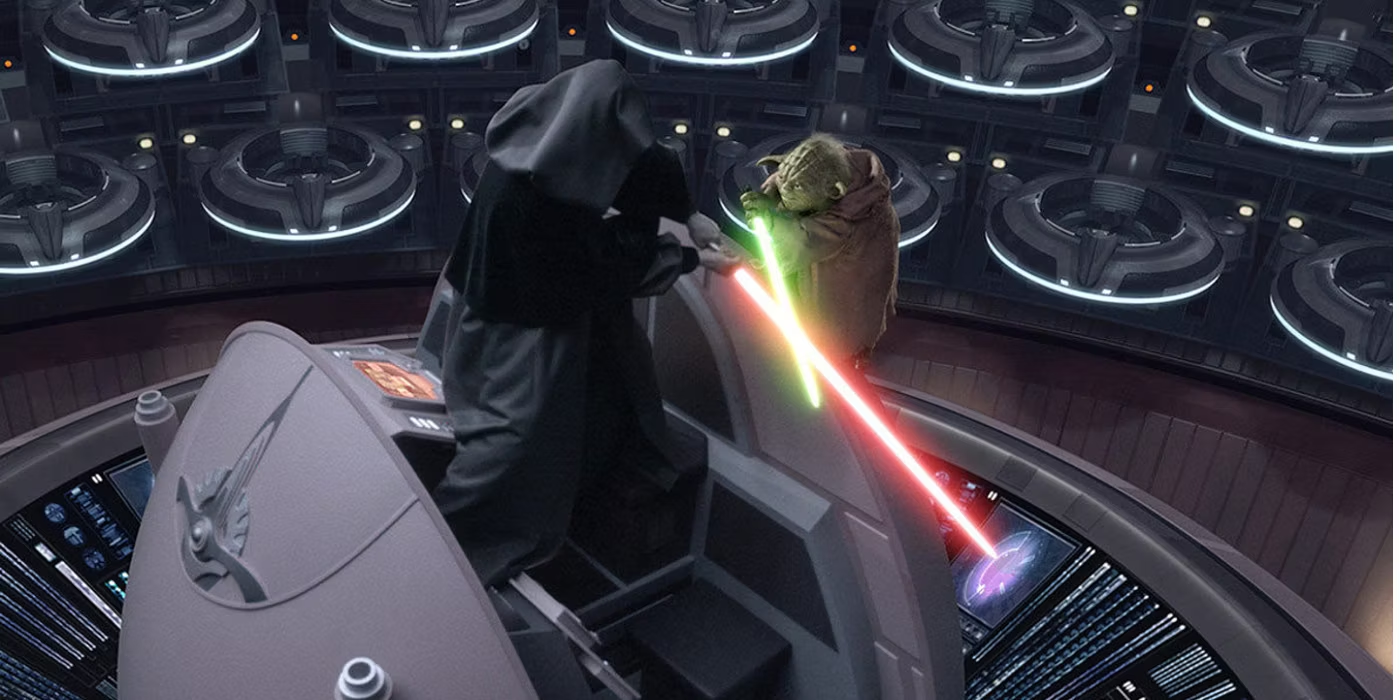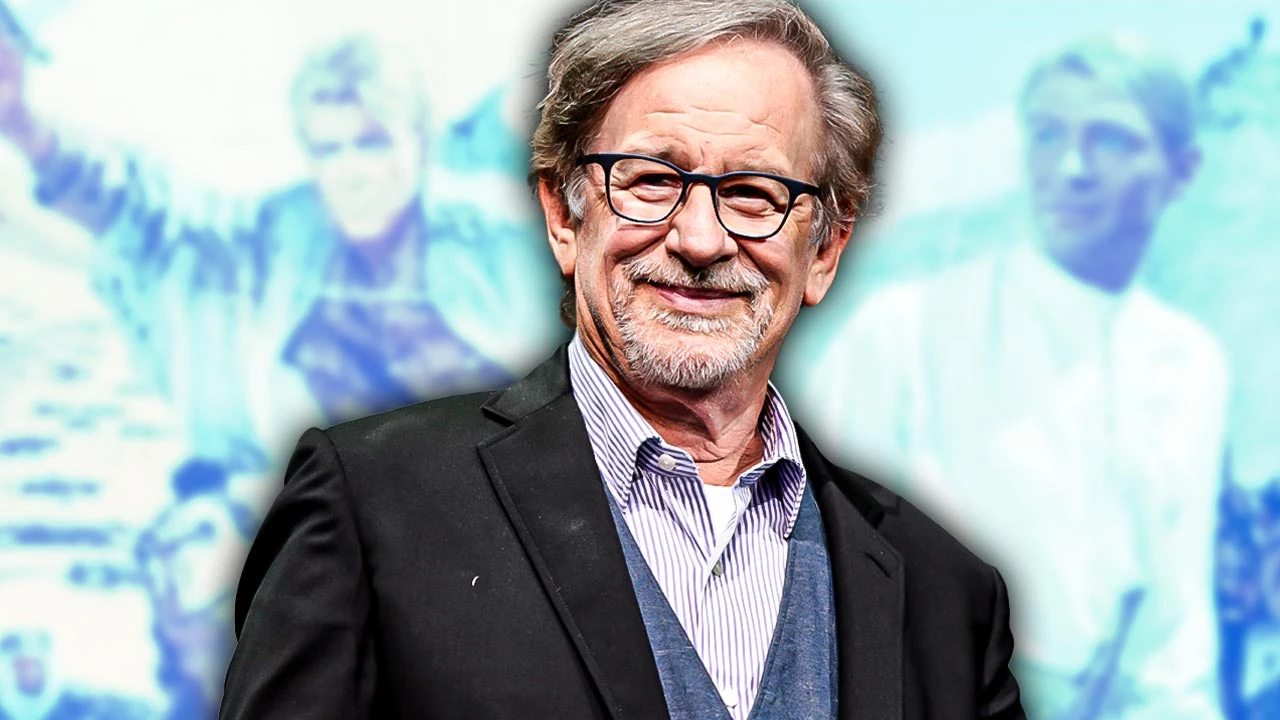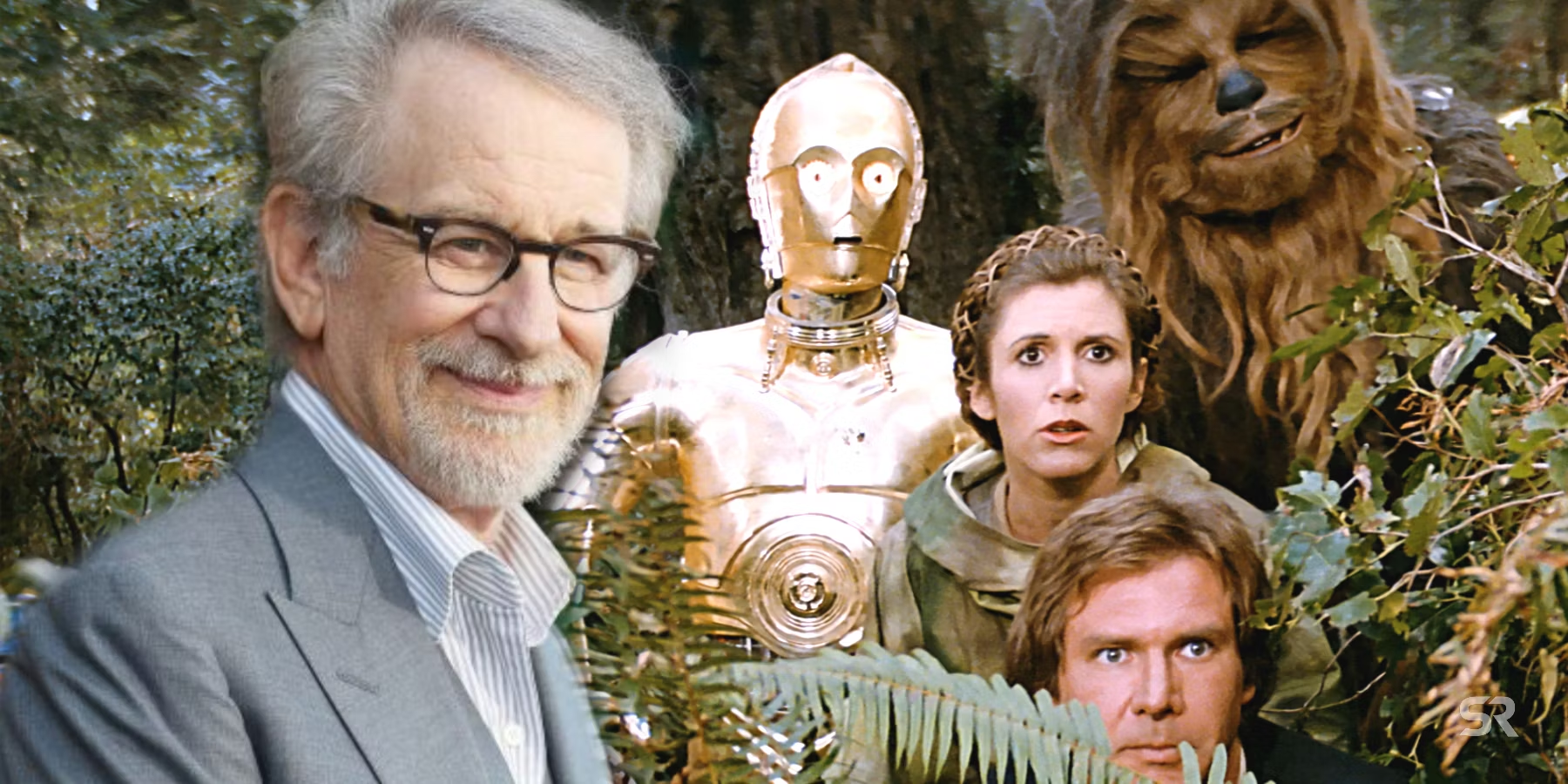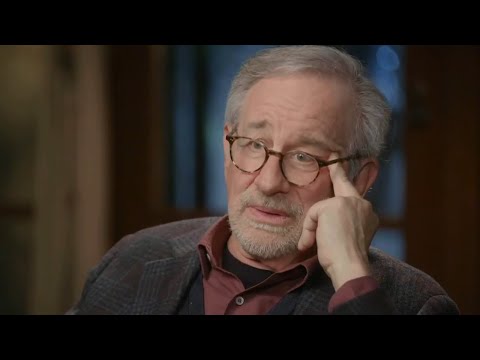In the vast expanse of Hollywood’s galaxy of filmmakers, few names shine as brightly as Steven Spielberg and George Lucas, architects of some of the most iconic films and franchises in cinematic history. As creators who transformed the landscape of blockbuster filmmaking, their careers have been intertwined with collaborations and mutual support. However, one particular episode stands out not for its collaboration, but for a remarkable refusal.

The Spielberg-Lucas Bond: A Tale of Two Titans
The relationship between Spielberg and Lucas has always been one of mutual respect and professional admiration. Spielberg, known for his versatility and ability to churn out both blockbuster hits and compelling dramas, has had a significant impact on the film industry with movies like Jurassic Park and Schindler’s List. Lucas, on the other hand, has been synonymous with the Star Wars franchise, a series that redefined the sci-fi genre and set new standards for special effects and audience expectations.
This camaraderie was particularly evident in the early 90s, when Lucas stepped in to assist Spielberg with the mixing of Jurassic Park while Spielberg was occupied with Schindler’s List. Lucas’ contribution was crucial in ensuring the success of Jurassic Park, which went on to become one of the most acclaimed films of the decade.
The Star Wars Prequels: A Directorial Dilemma
As Lucas planned the Star Wars prequels, he was keen on having top-tier directors to helm the films. In an ideal scenario, this would have included Spielberg directing one of the prequels. According to Ron Howard, Lucas approached not only Spielberg but also Robert Zemeckis and Howard himself. Despite Lucas’ hopes and the potential for a spectacular collaboration, all three directors declined the offer.

Their refusal was rooted in a deep respect for Lucas’ vision. They believed that the Star Wars saga was Lucas’ creation and that he alone should be the one to carry it forward.
“They all said the same thing: ‘George, you should do it,’”
Howard revealed on the Happy Sad Confused Podcast. The directors felt that following in Lucas’ footsteps would be too daunting a task and that the responsibility of maintaining the saga’s legacy was best left to its creator.
Spielberg’s Reasoning: Honor Over Opportunity
For Spielberg, the decision to turn down the directorial role was also influenced by his admiration for the Star Wars universe. Spielberg did not want to risk tarnishing the franchise’s iconic status. The directors collectively felt that Lucas’ unique vision and intimate connection with the Star Wars world were irreplaceable. Their decision was a testament to their belief in Lucas’ originality and the sacredness of the narrative he had created.
Indiana Jones: What Could Have Been
Adding another layer to Spielberg’s cinematic journey is the casting saga of Indiana Jones. Spielberg initially considered Tom Selleck for the iconic role, which ultimately became one of Harrison Ford’s most defining performances. Selleck recalled his interaction with Spielberg, saying,
“Steven [Spielberg] said, ‘Here’s the script. Go read it. Tell me if you like it. Cause we want you for ‘Indiana Jones’.” So I got to about page 8 in Steven’s office and I just went ‘Oh, this is really good.’”
Despite resonating with the character and story, Selleck had to pass on the role, leading to Ford’s legendary portrayal.

Reflections on Creative Decisions
The decisions made by Spielberg and Lucas reflect a broader theme in creative industries: the balance between personal vision and collaborative influence. While Spielberg could have taken on the Star Wars prequels, his choice to step back highlights a profound respect for creative origins and the complexities involved in adding to a beloved saga.
As the film industry continues to evolve, the stories of these decisions provide valuable insights into the dynamics of creative leadership and the importance of respecting original visions. Spielberg and Lucas’ mutual decisions not to interfere with each other’s primary creations demonstrate an unwavering commitment to the integrity of storytelling, making their legacies even more enduring in the annals of film history.

